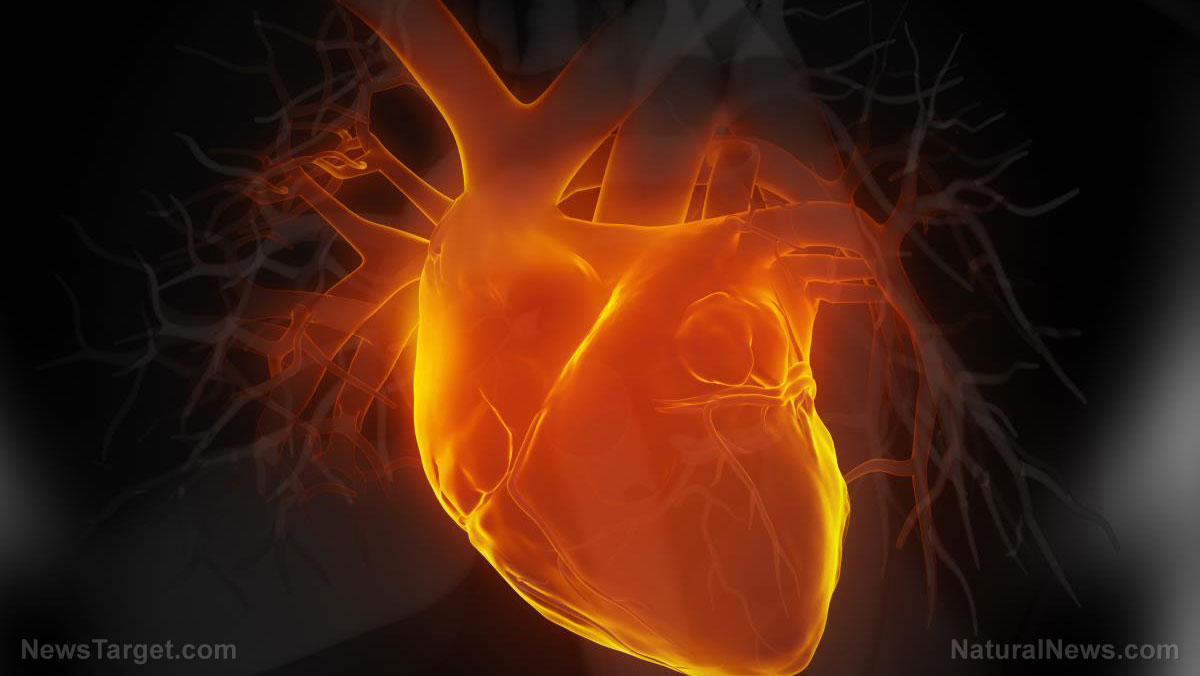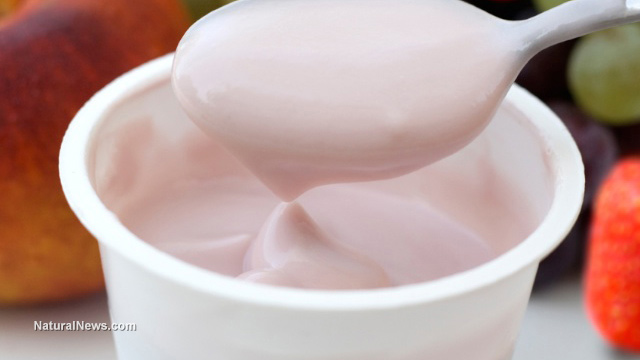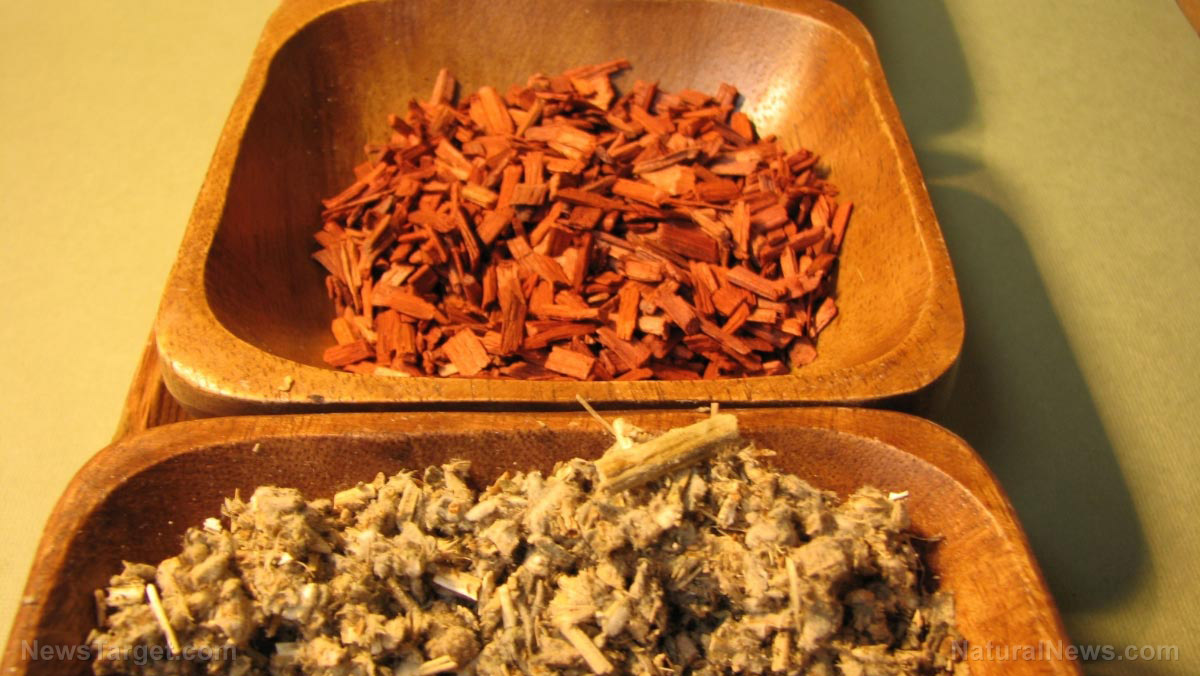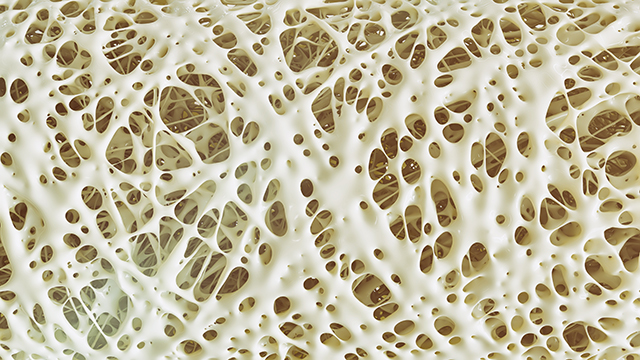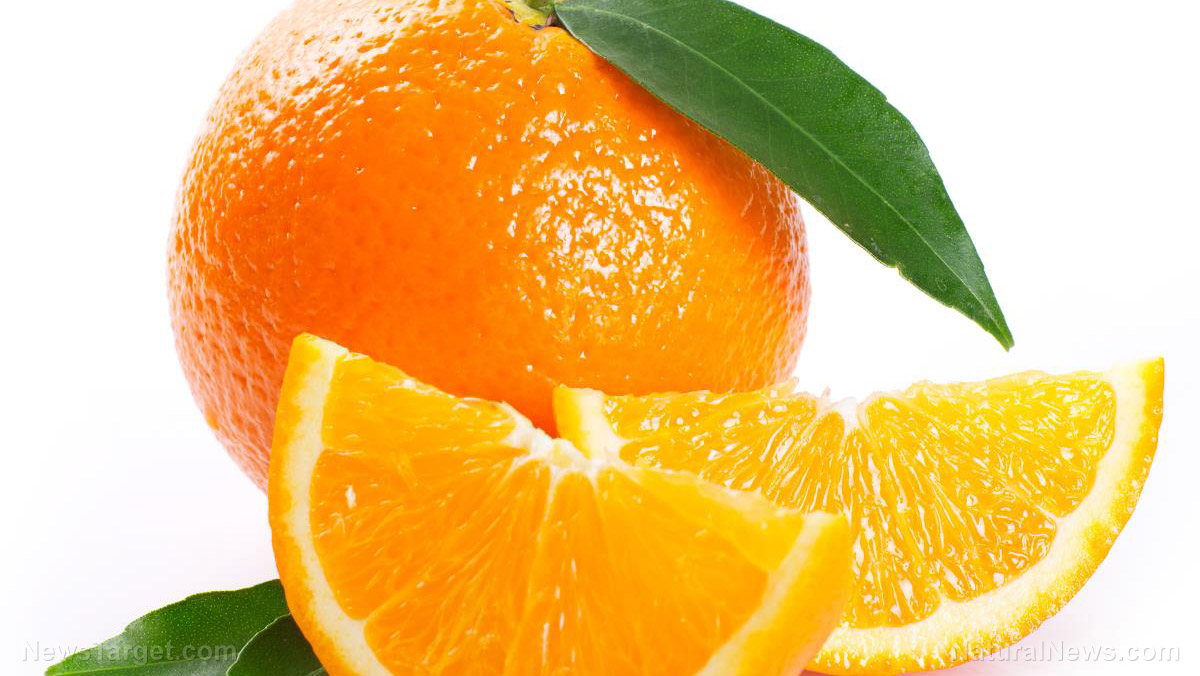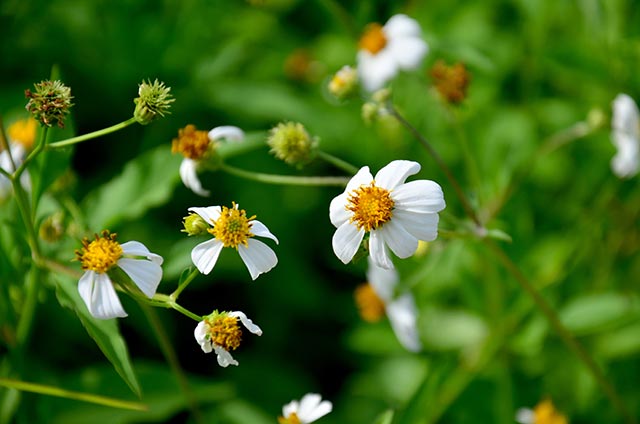Some things haven’t changed: Teens addicted to marijuana or alcohol are less likely to have life success as adults, such as getting educated or owning a home
12/15/2017 / By Michelle Simmons

The Beatles had it right: “pools of sorrow, waves of joy” do influence the universe you create — be that for the better or worse. Researchers of a new study emphasize what we’ve been told millions of times before. Abusing either alcohol or marijuana as a teenager or young adult increases the likelihood of having a more difficult adult life. You may want to reconsider your life choices right now, especially if you’re still very young.
In the study, researchers at the University of Connecticut investigated the records of more than 1,100 individuals in the United States whose ages ranged from 19 to 35 years old, most of whom had an alcoholic relative. The habits of these individuals were first evaluated at age 12 and then every two years until they were between the ages of 25 to 34. They looked at the data from the Collaborative Study on the Genetics of Alcoholism, which was funded by the National Institute of Alcohol Abuse and Alcoholism (NIAAA), to observe the impact alcohol and marijuana usage in teens had on adult success (defined as educational accomplishment, full time employment, marriage, and social economic potential).
The findings of the study, presented at the American Public Health Association 2017 Annual Meeting & Expo, revealed that the participants who abused either alcohol or marijuana when they were teenagers attained lower levels of education and had lower social economic potential. Moreover, they also had a lower chance of working a full-time job and were more likely to remain single.
“This study found that chronic marijuana use in adolescence was negatively associated with achieving important developmental milestones in young adulthood,” said Elizabeth Harari, an author of the study.
Results also revealed that dependent young men were more severely affected by the abuse of either alcohol or marijuana compared to dependent young women. This is because dependent young men were less successful in all four aspects of success in comparison to women. Women who depended on alcohol or marijuana were less likely to get a degree in college and had lower social economic potential compared to women who did not abuse alcohol or marijuana. However, dependent and non-dependent women were equally able to get married or get a full time job.
According to the NIAAA, seven percent of Americans aged 18 and above reported that they engaged in heavy alcohol use in 2015. On the other hand, marijuana is commonly used in the U.S. with around 20 million users or 7.5 percent of people ages 12 and above.
“Awareness of marijuana’s potentially deleterious effects will be important moving forward, given the current move in the U.S. toward marijuana legalization for medicinal and possibly recreational use,” Harari explained.
Marijuana as a medicine
Marijuana is not entirely bad for you. In fact, it is used for medical purposes. Studies have shown that marijuana can benefit people with depression, social anxiety, and post-traumatic stress disorder. Cannabis is also used for relieving chronic pain and nausea and for benefiting people with epilepsy. In addition, research had suggested that it may be a safer alternative to opioids. It may also have anti-cancer effects.
However, you should be cautious if you use marijuana. Avoid using marijuana products before driving or operating other heavy or dangerous equipment. If you have a heart or lung condition, or are concerned about the potential addictive effect of marijuana, consult your doctor first about the safety or continued use of it. Pregnant women should also not use marijuana products. Moreover, do not use products that are packed as candy or other edibles if there are children in your house. Since the risks are specifically high among young people, talking to your kids about the possible side effects of marijuana is a must.
Learn more about marijuana at CBDs.news.
Sources include:
Tagged Under: addiction, alcohol abuse, cannabis, CBD, drug use, effects of marijuana, life, life success, marijuana, marijuana abuse, marijuana use, recreational drugs, risky behaviors, success

